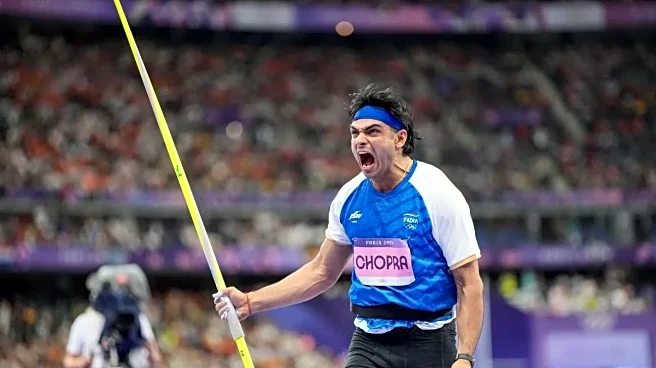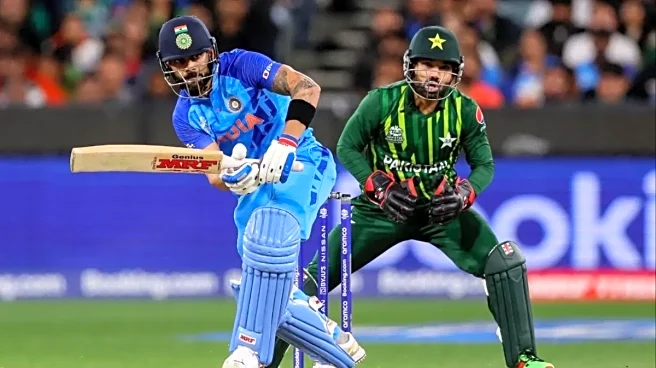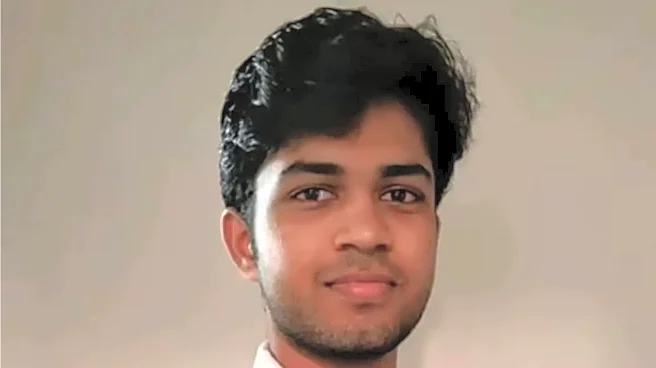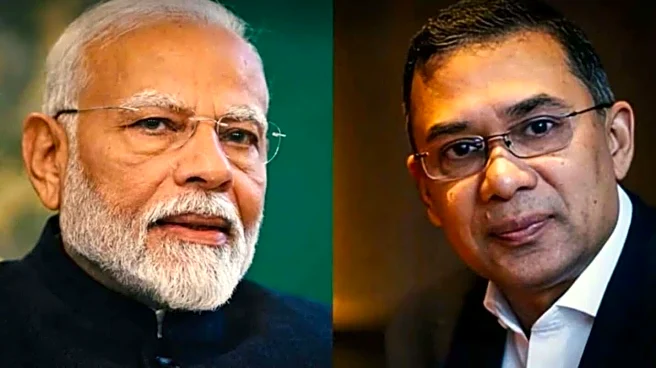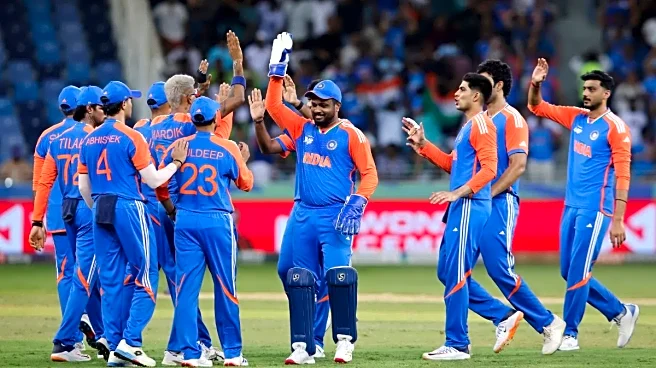The Supreme Court on Thursday, November 27, directed comedians Samay Raina, Vipul Goyal, Balraj Paramjeet Singh Ghai, Sonali Thakkar and Nishant Jagadish Tanwar to host at least two programmes every month
that spotlight the achievements of persons with disabilities.
The court also directed them to help generate funds for the treatment of differently-abled people, particularly suffering from Spinal Muscular Atrophy (SMA), as per LiveLaw.
The direction was passed as a form of reparation for what the court termed insensitive jokes made about disabled persons.
A Bench comprising CJI Surya Kant and Justice Joymalya Bagchi said the influencers could invite specially-abled individuals onto their platforms to encourage donations and generate wider awareness about rare diseases.
When the counsel for the comedians argued that they do not conduct shows regularly, the court declined to modify its order and remarked, "This is a social burden we are putting on you."
"How difficult is it to host on their YouTube?" the Bench questioned, following which the comedians’ counsel agreed to comply, as per LiveLaw.
The petition and concerns over dignity
The case stemmed from a petition filed by M/s Cure SMA Foundation, which objected to a joke made by Samay Raina about a child suffering from SMA.
Senior advocate Aparajita Singh informed the court that several individuals with SMA had accomplished significant milestones, including working at Microsoft, studying at Michigan State University, becoming a classical singer, and pursuing a PhD in Bioinformatics. She said when public figures mock such individuals, it harms crowdfunding efforts, as to LiveLaw.
The foundation also rejected Raina’s offer of ₹2.5 lakh, stating the issue was one of dignity and not money.
Court asks Centre to examine stricter laws
The Supreme Court also asked the Centre to consider enacting a stringent law to criminalise humiliating remarks against persons with disabilities, similar to the SC/ST (Prevention of Atrocities) Act, 1989.
"Why can't you bring a stringent law on the lines of the SC-ST Act which criminalises casteist remarks — there is punishment if you demean them," the Bench was quoted as saying by PTI.
Appearing for the government, Solicitor General Tushar Mehta agreed that humour must not undermine dignity, adding that "Freedom of speech is an invaluable right but it cannot lead to perversity."
The court also called for a “neutral, independent and autonomous” body to regulate offensive online content, stating that “self-styled bodies will not help.”
Mehta informed the court that guidelines are under consultation and will be placed in the public domain for feedback. The matter is expected to be reviewed after four weeks.
/images/ppid_59c68470-image-176424755355882696.webp)

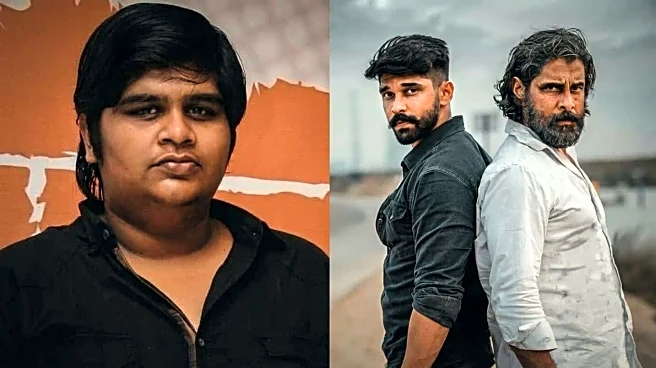

/images/ppid_a911dc6a-image-177106302538573741.webp)


